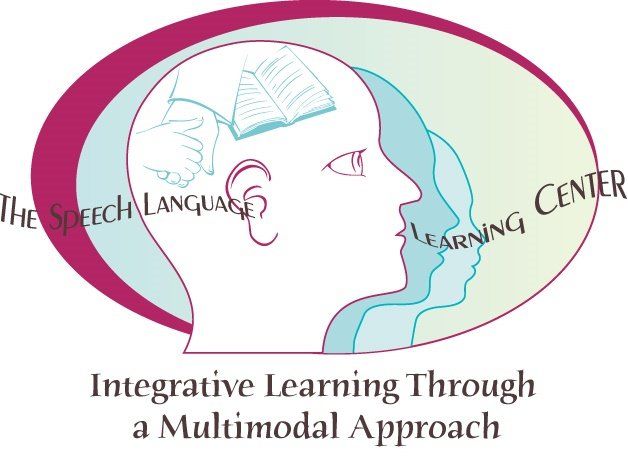Call Us Today! (810) 733-3911
Email: info@sllcenter.net
Call
Us Today! (810) 733-3911
Email: info@sllcenter.net
Frequently Asked Questions
Do you only treat children?
No, we treat both pediatric and adult patients. Although, the majority of our patients are children.
Does your clinic accept insurance?
Yes, we are a provider for many different insurance companies such as: Aetna, Optum Health, Total Health Care, United HealthCare and Humana, Medicare and BC/BS. It is the patient’s responsibility to check on their own insurance policy for coverage. We will bill to insurances as a courtesy for our patients but do not guarantee speech coverage or payment. The patient is responsible for any charges that the insurance company does not cover.

My child can talk, why does he/she need a Speech Language Pathologist?
A Speech Language Pathologist's job is to help children improve their ability to use and understand speech and language so they can communicate more effectively at school, home or with friends. Communication refers to the different ways we give and receive messages. Communication involves articulation, fluency, voice, and language (including pragmatics).
- Articulation is the ability to pronounce speech sounds or speech patterns. Difficulty with articulation makes it hard for others to understand your speech and can affect spelling and progress in reading.
- Fluency is the smoothness in which sounds, syllables, words and phrases are joined together when speaking. Difficulty with fluency is also called Stuttering. Voice is the production of sound using the vocal cavity. Areas of vocal production include quality, pitch, nasality and volume. Difficulty in this area can make your voice sound “funny” to others.
Does my child need an Occupational Therapy Evaluation?
The purpose of the Occupational Therapy evaluation visit is to assess areas of function so that the occupational therapist can develop a treatment plan to meet your child's specific needs.
What does an Occupational Therapist Do to help my child? They utilize purposeful and motivating activities to help children develop enhanced sensory processing skills, visual-motor skills as well as adaptive play skills. They help children play, improve their school performance and aid their activities of daily living. Occupational therapy helps to boost a child's self esteem and sense of accomplishment. Children can develop fine motor skills so they can grasp and release toys and develop good handwriting and computer skills.
Language can be broken into 3 different categories:
- Receptive language is the ability to understand what others are saying.
- Expressive language is the ability to express thought, feelings, and ideas verbally or in writing.
- Pragmatics is the area of language that embraces the use of language in social contexts: knowing what to say, how to say it, and when to say it
What is the difference between a speech checkup and a speech evaluation?
A speech checkup is for parents that aren’t sure if their child is achieving age appropriate developmental milestone in speech and language. This is basically a screening service. Once the speech checkup is completed, if the therapist sees a need, a speech evaluation would be the next step. A speech evaluation is an extensive testing process involving medical history, actual speech and language standardized testing and a full written report with a speech diagnosis and plan of treatment.
What should I bring with me to a speech evaluation appointment?
Please bring the child rested and fed. A prescription from your overseeing physician and any reports from past therapists (IEP, evaluation/discharge report, etc.…). The therapist engaged in the evaluation will be asking lots of questions in regards to medical history of the child. (Ex: When did the child first start to talk, walk, etc..?) Parent involvement is very important during the speech evaluation.
Contact Information
Phone: (810) 733-3911
Email:
info@sllcenter.net
Address: 2413 S. Linden Rd., Suite B Flint Township, MI 48532
Visit Our Location
Browse Our Website
Contact Information
Phone: (810) 733-3911
Email:
info@sllcenter.net
Address: 2413 S. Linden Rd., Suite B Flint Township, MI 48532
Visit Our Location
Content, including images, displayed on this website is protected by copyright laws. Downloading, republication, retransmission or reproduction of content on this website is strictly prohibited. Terms of Use
| Privacy Policy
